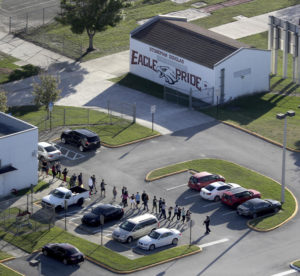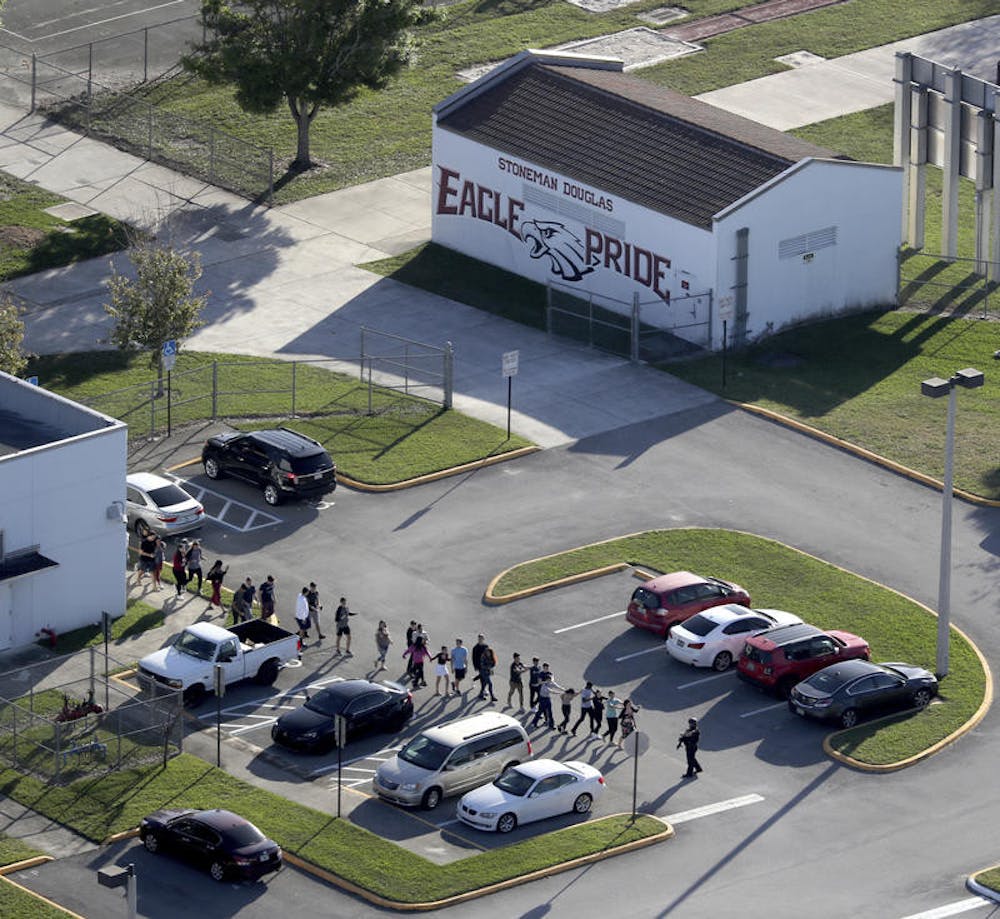By Steven King
Correspondent
In the wake of a tragic shooting at a Florida high school, many citizens and politicians have been quick to place blame on a lack of gun control in the U.S., particularly as it relates to mental health. Politicians often suggest that mental illness is to blame for mass shootings. While gun control is important for us to discuss as a nation, it is ignorant and disingenuous to blame mass shootings on mental illness.

Anyone with a mental illness, whether it falls under the category of a mood disorder, trauma-related disorder or personality disorder, deserves compassion, empathy and support.
After each mass shooting, the public immediately assumes that the perpetrator is mentally ill, and politicians tend to exaggerate this correlation. The majority of news coverage involving mental health focus on violent stories, which perpetuates a misleading and harmful stereotype for an already stigmatized group of people.
One in five Americans struggles with a mental illness, according to The National Alliance on Mental Illness, meaning approximately 43.8 million Americans are affected every year.
Violent crime perpetrated individuals with a serious mental illness made up approximately 3 percent of all violent crime, and an even smaller percentage commit crimes involving firearms, according to The American Psychiatric Association.
It is important to recognize that a vast majority of individuals with a mental illness are not dangerous — gun control policies targeting this population will most likely fail to curb gun violence overall.
From a policy perspective, gearing gun control toward those with mental illnesses is counterproductive. In fact, it has already been tried. The National Instant Background Check System Improvement Act of 2008 led to a drastic increase in the number of mental health record submissions. Since the passage of that act, the FBI reported an increase in mass shootings, illustrating that targeting people with a mental illness does not actually curb violent crime.
Due to a general misunderstanding and a lack of education regarding mental illness, it is no surprise that many jump to the conclusion that individuals with mental illnesses are dangerous. This stigma is both inaccurate and immature, and we need to actively work to end it.
I am an advocate for improved mental health care in this country, and I am optimistic that an improvement in the system will eventually become a reality. I hope that the conversation regarding mental illness will continue in a productive and understanding manner, without further stigmatizing people who have done nothing wrong.
Assistance for the mentally ill should not come from a place of fear that they are potential perpetrators of violence, but from a genuine interest in helping our fellow citizens.









